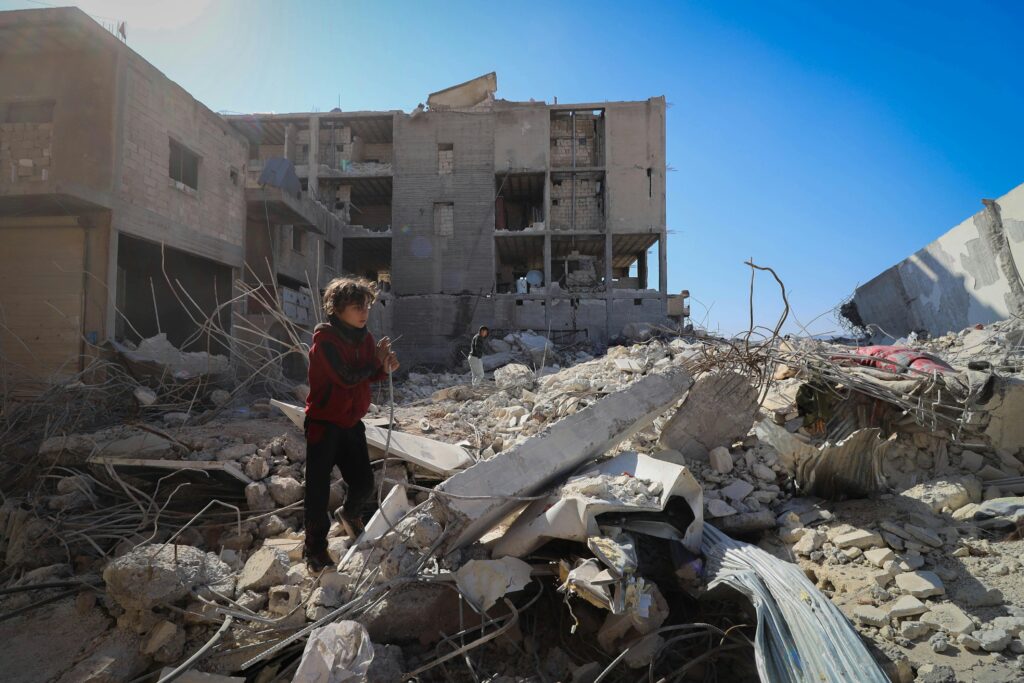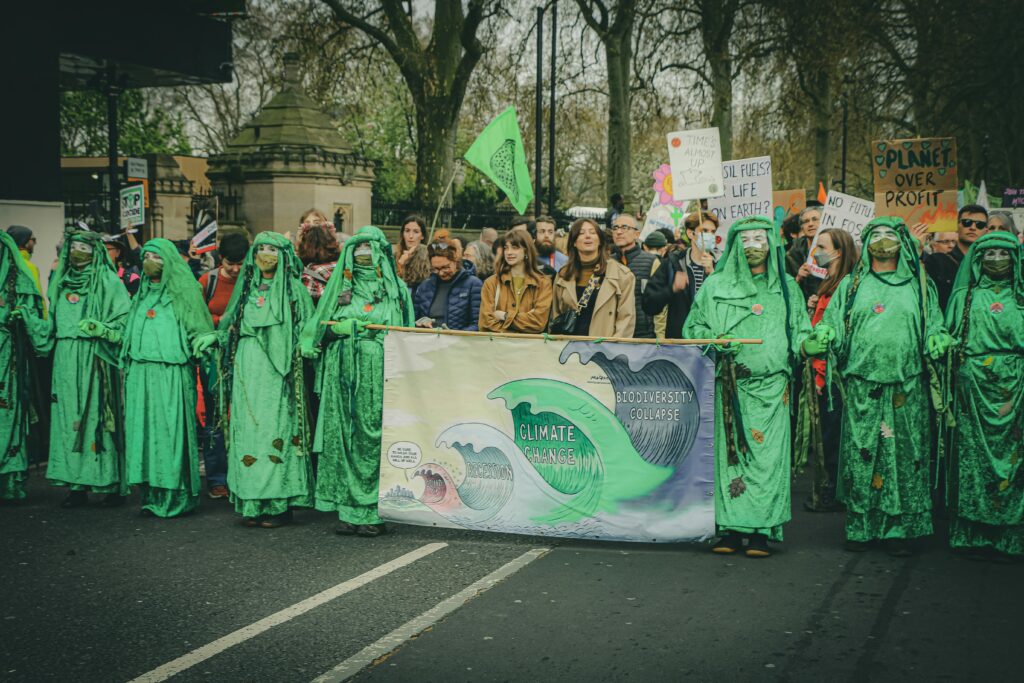Climate Change: Measuring Progress in the Global Fight Against the Climate Crisis

The World Health Organization (WHO) has issued an urgent alert about the serious health problems that climate change is causing for the world’s population. Recent scientific evidence, presented in a series of articles, underscores the harmful impact of climate change at various stages of the human life cycle and highlights the need for governments to prioritize this problem as a public health issue.
Underestimated Risks and Serious Consequences.
Studies published in the Journal of Global Health reveal that climate-related health risks have been underestimated, especially for the very young and the elderly, as well as during pregnancy. These risks have serious and often life-threatening implications.
The health of pregnant women, newborns, children, adolescents and the elderly is affected by air pollution and various weather hazards, including forest fires, floods and extreme heat.


The Israeli-Palestinian conflict has had a significant impact on the environment and climate change. Israeli military attacks and occupation in Gaza have generated a large amount of greenhouse gas emissions. The construction of tunnels and other war-related infrastructure in Gaza has produced an estimated 176,000 tons of emissions.
In addition, the war has aggravated the humanitarian crisis in the region, leaving the Palestinian population without access to food, water and electricity. This situation of energy insecurity and resource scarcity is exacerbated by the effects of climate change, such as droughts, heat waves and extreme precipitation.
The water cycle has become unbalanced, putting the water security of millions of people at risk. Therefore, the war conflict and the Israeli occupation in Palestine have contributed to the increase in greenhouse gas emissions and aggravated the effects of climate change in the region, generating a humanitarian and environmental crisis. Resolving this conflict in a sustainable manner is key to addressing the impact of global warming in Palestine.
In fact, several articles document how weather-related natural hazards affect physical and mental health, noting that premature births increase during heat waves and that older people are more prone to heart attacks or breathing difficulties.
Evaluating Progress in the Fight Against Climate Change.
The World Meteorological Organization report confirms that 2023 was the warmest year ever recorded, and global temperatures during the period 2024-2028 are predicted to exceed 1.5 degrees Celsius above the pre-industrial era, which could lead to rapid and irreversible changes in climate.
The WHO warns that between 2030 and 2050, climate change could cause approximately 250,000 additional deaths per year due to malnutrition, malaria, diarrhea and heat stress. In addition, air pollution increases the incidence of high blood pressure during pregnancy, low birth weight, premature birth, and negative effects on fetal brain and lung development. It also increases the risk of respiratory diseases, cancer, cardiovascular disease and pneumonia among children and the elderly.

We are running out of time to reduce greenhouse gas emissions and slow the advance of climate change. At every meeting of world leaders, whether at Davos, the G7 Summits, the UN General Assembly, or any other event until COP29 in Azerbaijan, should evaluate the outcomes of these meetings with a simple approach:
Climate Commitments
Has progress been made in fulfilling the commitments undertaken at the Conference of the Parties of the United Nations Framework Convention on Climate Change?
Recently, the International Energy Agency published a report on renewables that clearly shows that while the global community can achieve the goal of tripling renewables by 2030, this will not be achieved with current policies and market trends. This decade will be crucial in demonstrating how the global community can come together and overcome historical trends by deploying more renewables in the next five years than in the previous 100 years. Next year, renewables will overtake coal as the leading energy source. However, to meet our climate commitments, we must act with greater urgency.
Natural Disasters and Mental Health.
Climate-related natural disasters, such as floods, droughts, and wildfires, not only affect physical health but also mental well-being. It has been shown that these events increase respiratory disorders and cardiovascular mortality rates among older adults.
Besides, there is an urgent need to mitigate climate change by reducing greenhouse gas emissions and building climate resilience. It is critical to take specific actions that protect health at all stages of life. Reports point out that few climate adaptation measures are designed for the specific needs of women, infants, children, adolescents and the elderly.
Actions Proposed.


While urging governments to prioritize climate change as a health issue, WHO suggests a number of concrete actions. These include making working hours more flexible, preparing education and childcare systems to cope with extreme weather events and high temperatures, and informing communities about protective measures during heat waves and periods of high air pollution.
Sensorial Sunsets
Navigate articles





